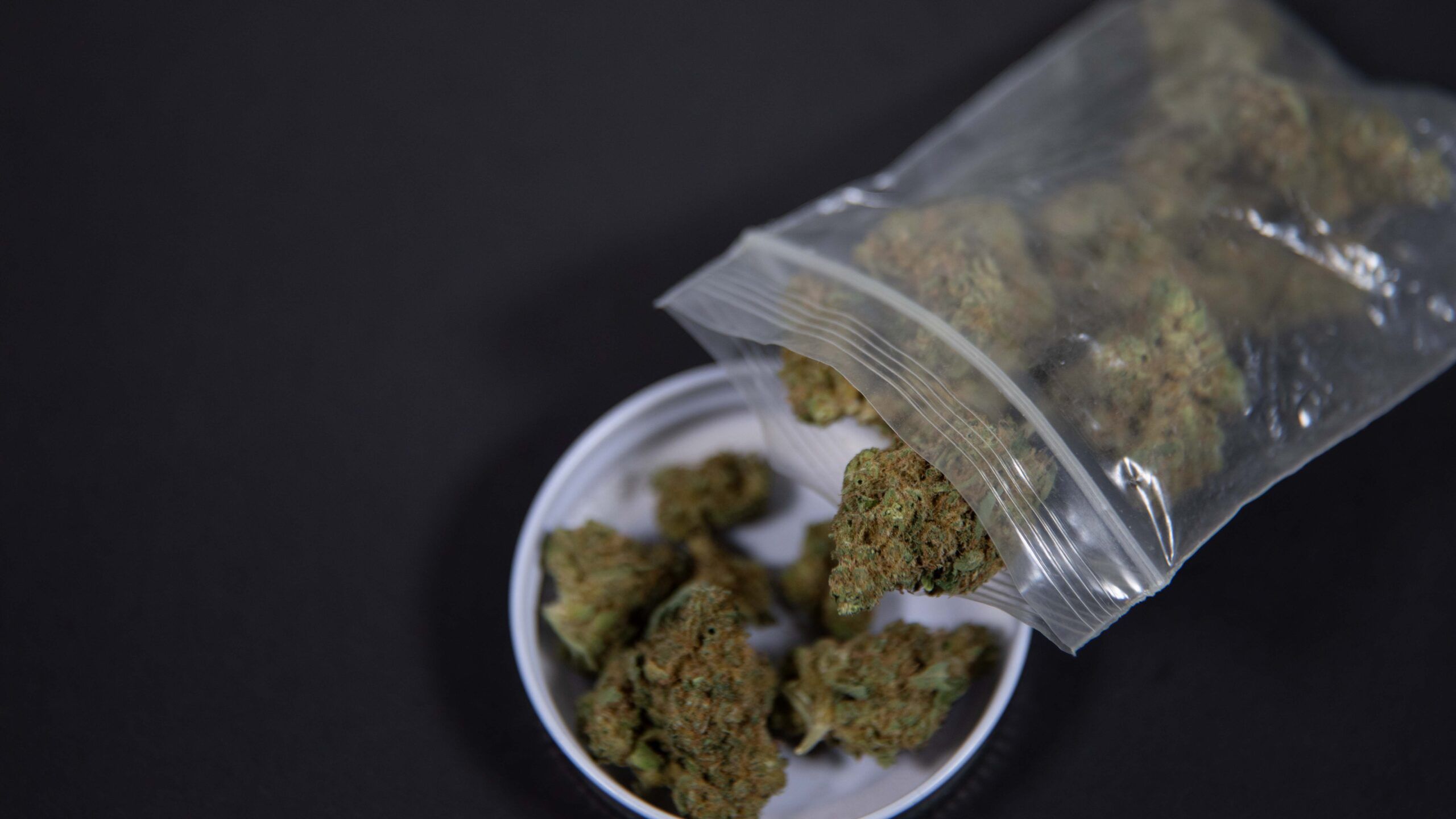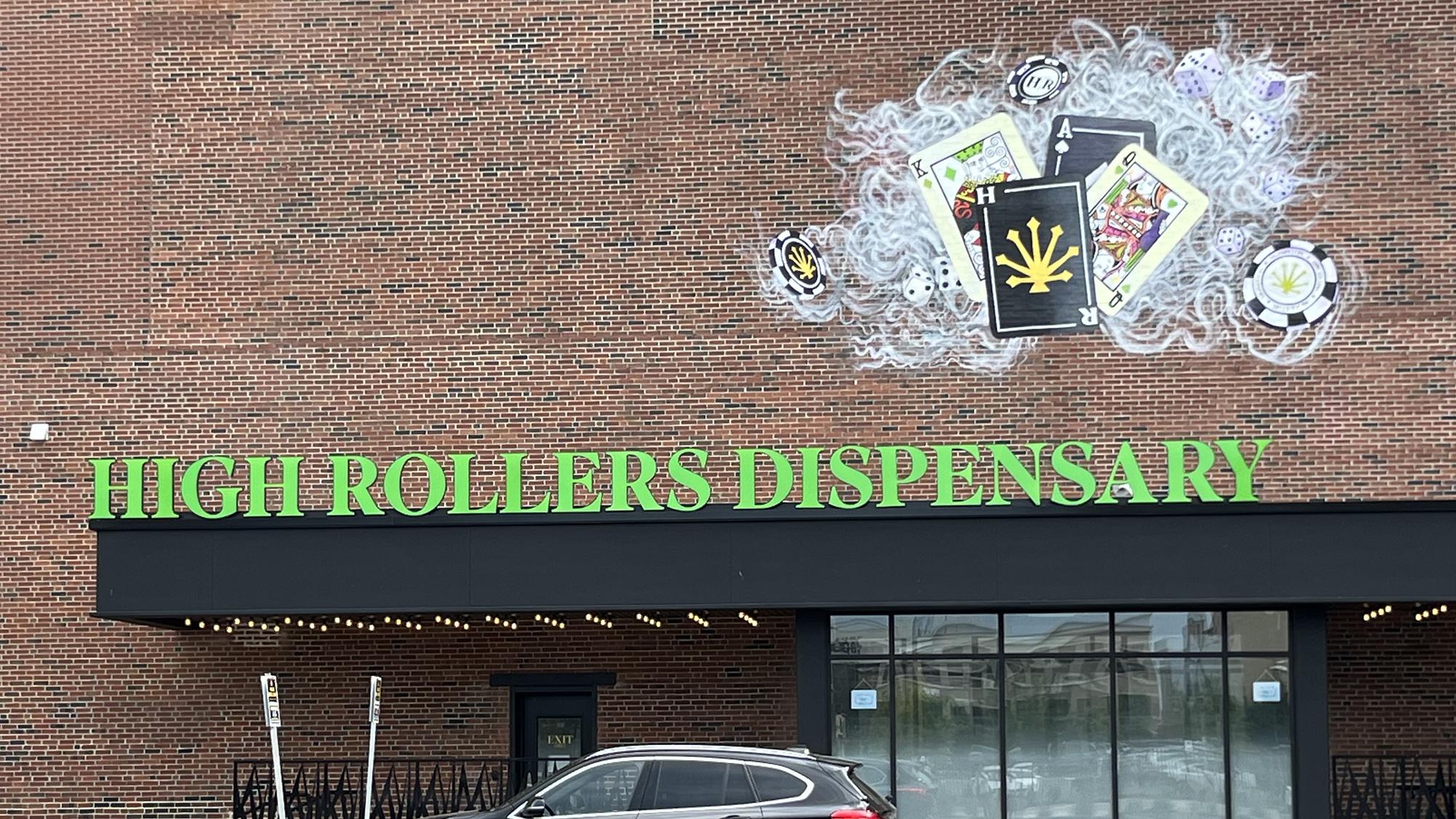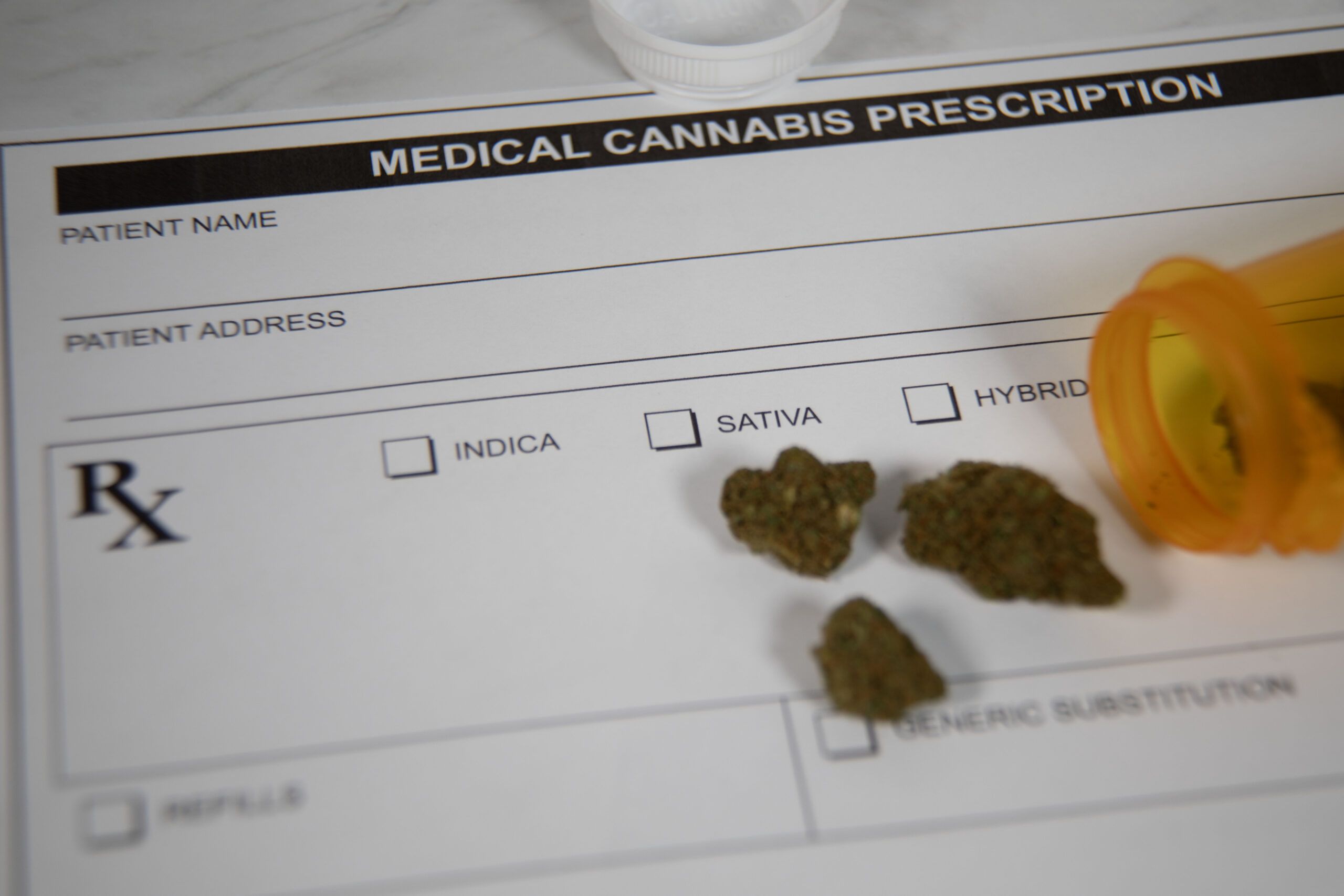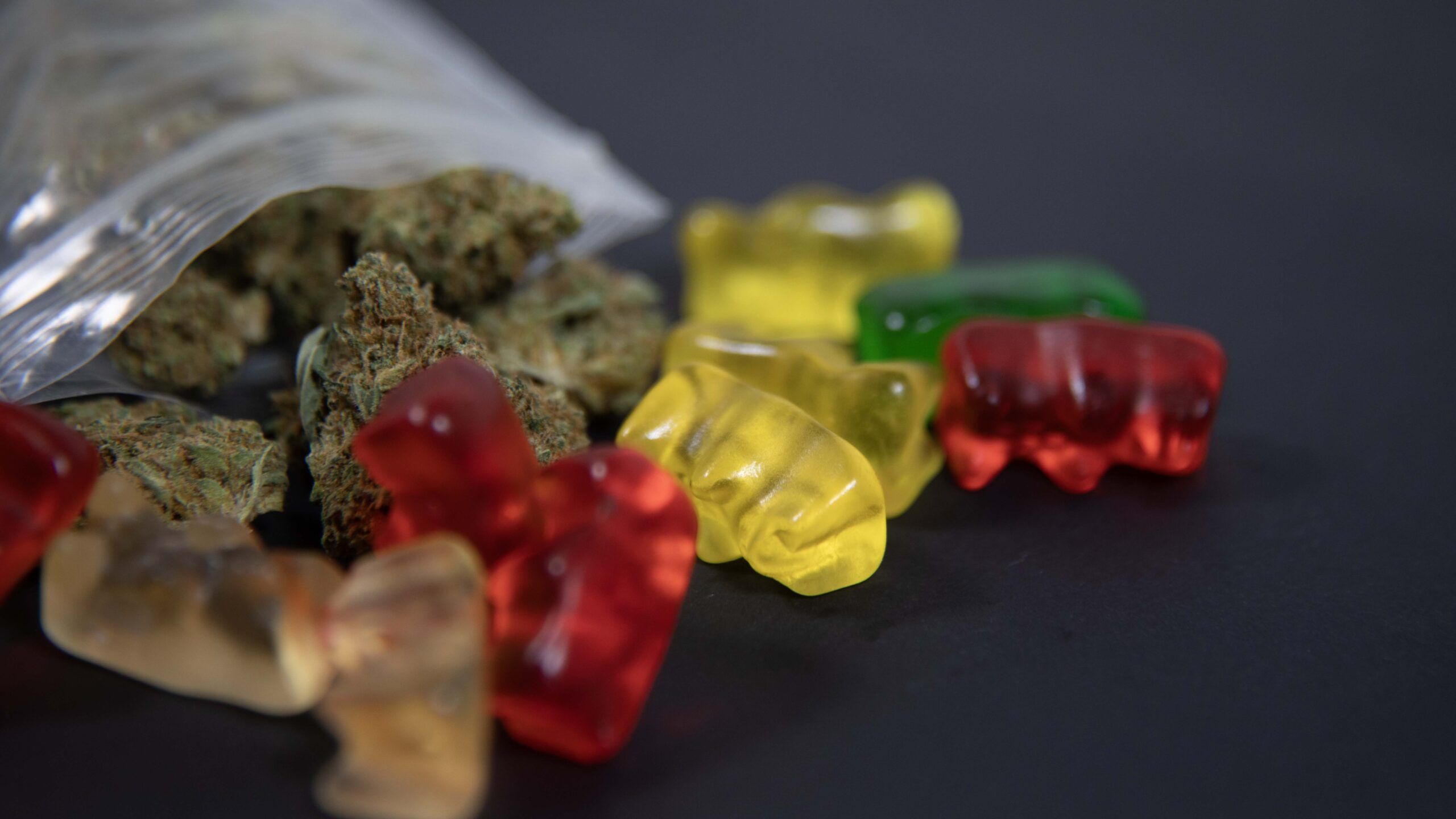
-
DEA Cannabis Rescheduling Hearings Postponed Amid Legal Challenges
Read more: DEA Cannabis Rescheduling Hearings Postponed Amid Legal ChallengesThe much-anticipated hearings on the rescheduling of cannabis, initially set to commence on January 21, 2025, have been indefinitely postponed due to a series of…
-
Can You Use a Debit or Credit Card to Buy Cannabis from a Dispensary? Here’s What You Need to Know
Read more: Can You Use a Debit or Credit Card to Buy Cannabis from a Dispensary? Here’s What You Need to KnowDespite the expanding legalization of cannabis across the United States, purchasing cannabis products from a dispensary with a debit or credit card remains a complicated…
Recent Blogs
-
How to Celebrate 420 in New Jersey: Top Events for 2025
Categories: HolidayContinue Reading: How to Celebrate 420 in New Jersey: Top Events for 2025With April 20, 2025, on the horizon, cannabis enthusiasts across New Jersey are preparing for a day filled with festivities,…
-
Can You Consume Cannabis Products While on Prescription Medication? Understanding the Risks and Potential Side Effects
Categories: ConsumptionContinue Reading: Can You Consume Cannabis Products While on Prescription Medication? Understanding the Risks and Potential Side EffectsIf you’re currently on prescription medication, you may be wondering whether cannabis is safe to use alongside your prescribed drugs.…
-
Cannabis Edible Dosages: What to Expect at a Dispensary
Categories: ConsumptionContinue Reading: Cannabis Edible Dosages: What to Expect at a DispensaryCannabis edibles have become a popular consumption method for both medical and recreational users, offering a smoke-free alternative with long-lasting…





